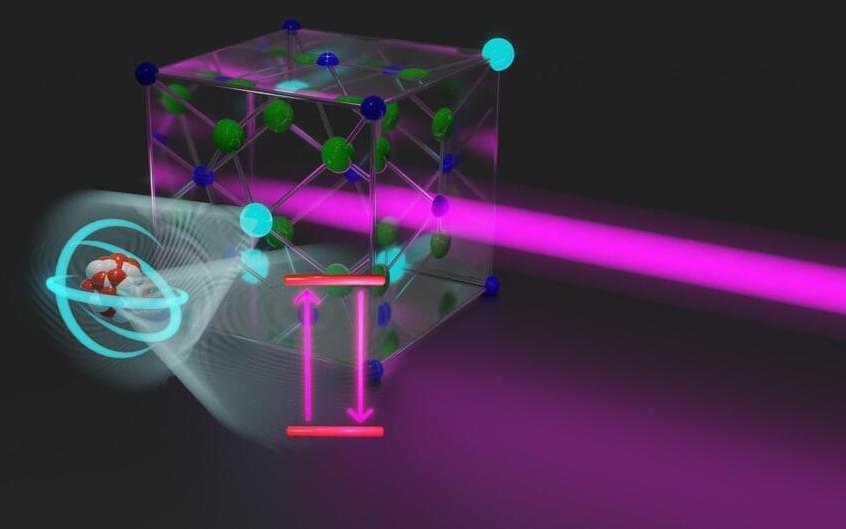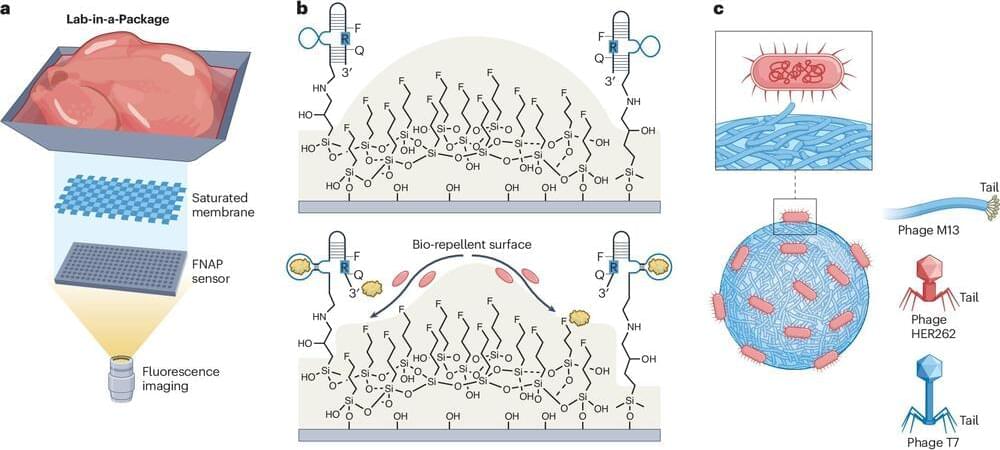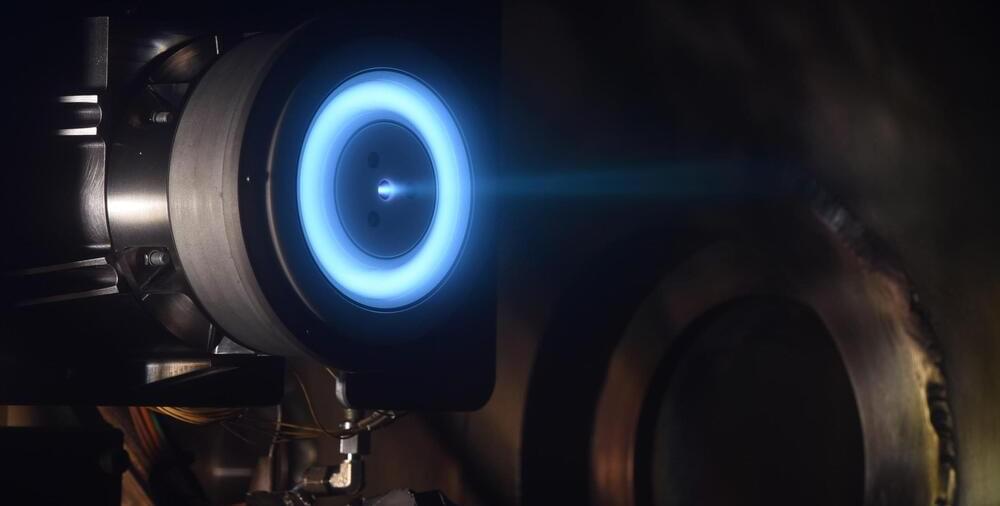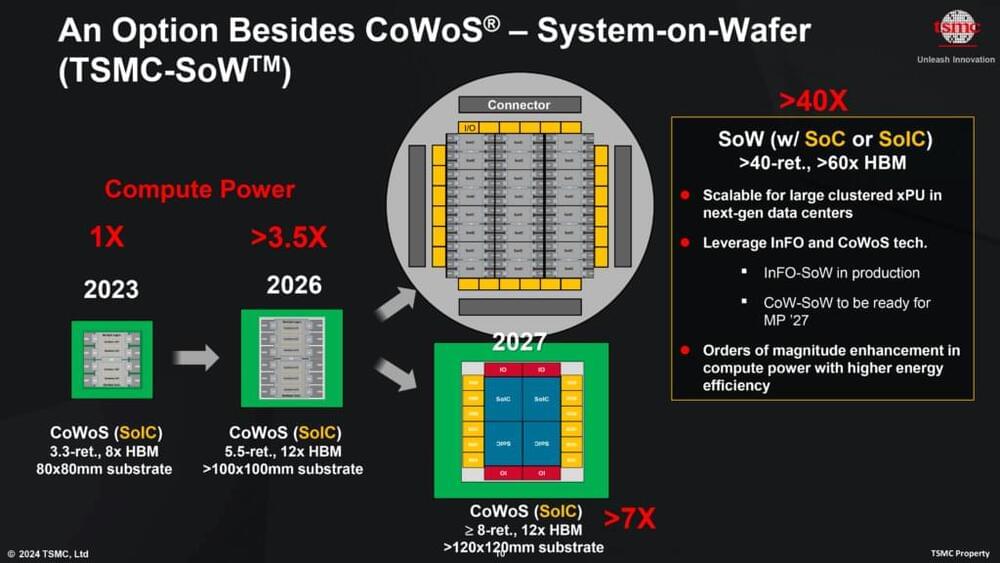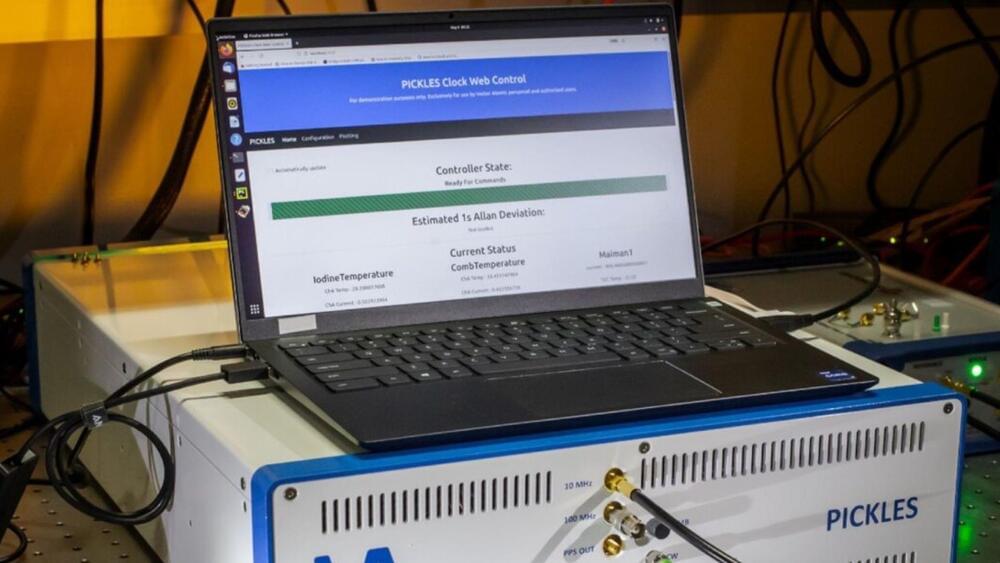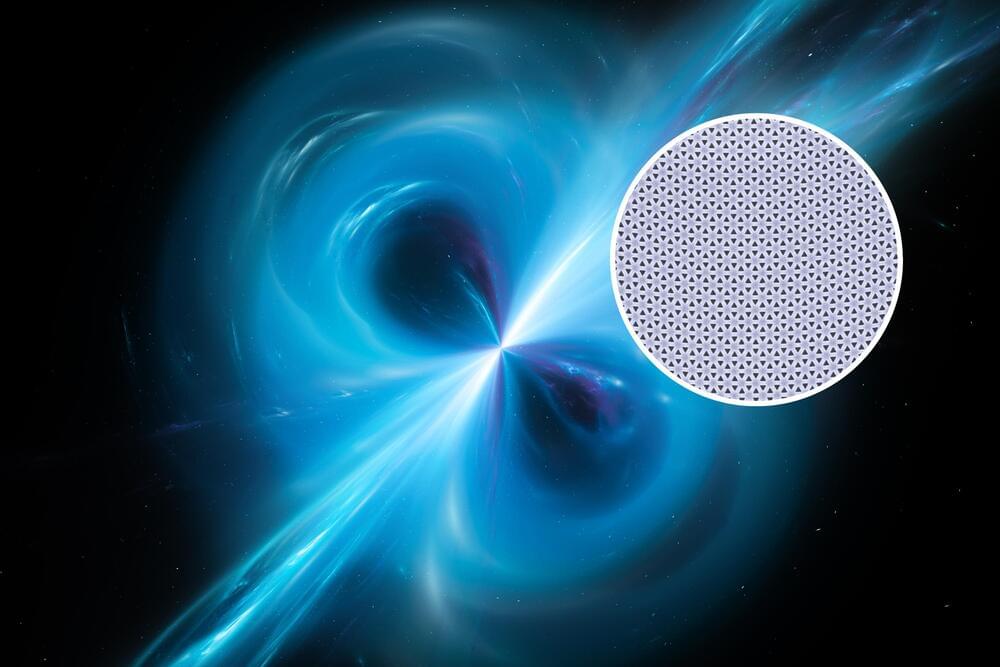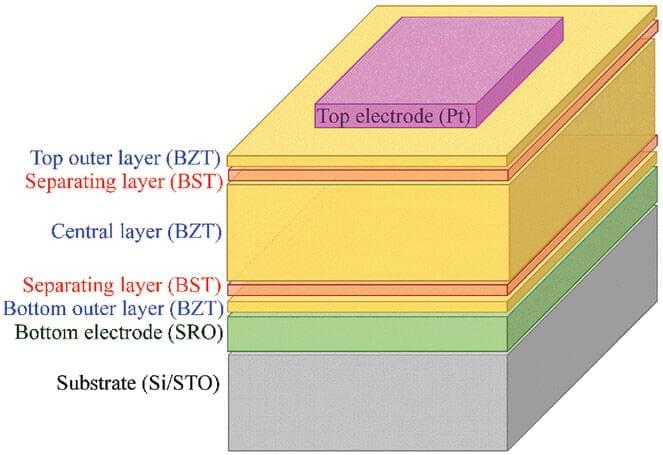May 3, 2024
Decades in the Making: Laser Excites Atomic Nucleus in Groundbreaking Discovery
Posted by Saúl Morales Rodriguéz in categories: innovation, physics
For the first time, lasers have successfully excited the “thorium transition,” a process long pursued by researchers. This breakthrough sets the stage for groundbreaking advancements in high-precision technologies, such as nuclear clocks.
Physicists have eagerly anticipated this breakthrough: scientists globally have spent years searching for a specific state of thorium atomic nuclei that could lead to groundbreaking technological advancements.
It could be used, for example, to build an nuclear clock that could measure time more precisely than the best atomic clocks available today. It could also be used to answer completely new fundamental questions in physics – for example, the question of whether the constants of nature are actually constant or whether they change in space and time.
